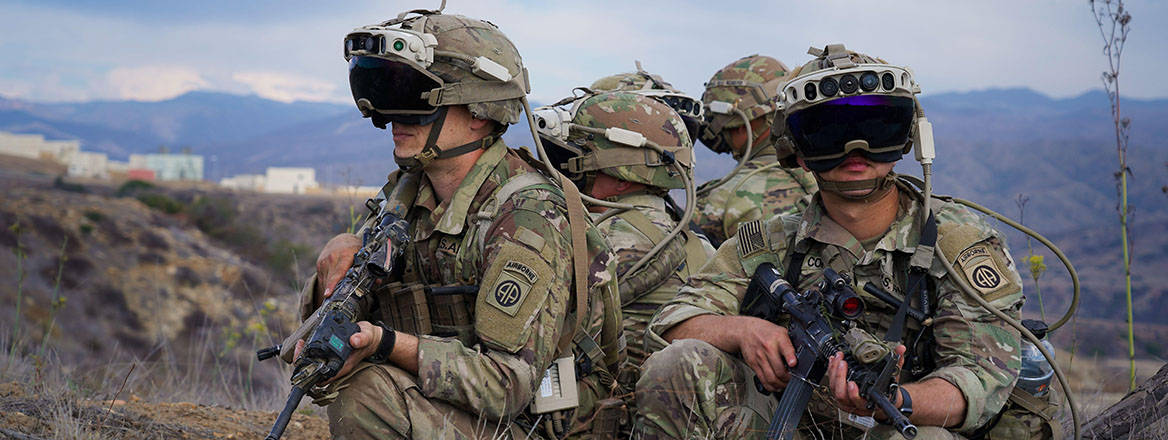Building the Capacity to Conduct Joint All-Domain Operations (JADO)
With limited resources and a host of urgent force modernisation and regeneration requirements, the UK’s short-to-medium investments in multidomain integration/Joint All-Domain Operations (JADO)-type capabilities will need to be incremental.
The Ministry of Defence has made ‘multidomain integration’ (MDI) a conceptual cornerstone of UK military doctrine. In 2020 it released a Joint Concept Note (JCN 1/20) which set out an ambitious vision wherein the full capabilities of each service across all five domains would be able to function ‘as a seamlessly integrated force [that] must also be fused across government and interoperable with principal allies’. JCN 1/20 sets out multiple different areas where seamless integration will apparently be necessary across the joint force and wider government in order to be competitive in future conflicts. However, the same document admits that ‘there is no fixed route to a known MDI destination, so this concept provides a headmark to allow us to explore and develop our MDI ambition’. In other words, the UK currently has a conceptual aim, but no concrete plan for how to transform the force structure and processes that it currently has into ones that can undertake MDI.
A key contextual factor in the UK’s MDI ambitions is a desire to retain conceptual and technical alignment with the US. Under the banner of Joint All-Domain Operations (JADO), the US military is attempting to transform the way in which it wages war, to better meet the threat posed by an increasingly powerful and assertive People’s Republic of China. Each of the US armed services has ambitious programmes underway to revolutionise the way their assets exchange and use data, to heavily automate command-and-control processes, and to normalise real-time cooperative engagements across the joint force. The UK and other NATO allies are under pressure to follow the US lead at least to some degree, not least due to the need to retain interoperability with US forces as part of a warfighting coalition. While the Pentagon recognises the political importance of retaining operational interoperability with allies, this objective takes second place behind the perceived imperative to radically improve American high-end capabilities against a rising Chinese threat in the Indo-Pacific. Given this, allies such as the UK need to understand the emerging American reforms in detail and plan investment to ensure that crucial integration points across the joint force remain technically and doctrinally compatible.
WRITTEN BY
Justin Bronk
Senior Research Fellow, Airpower & Technology
Military Sciences
Sam Cranny-Evans
RUSI Associate Fellow, Military Sciences



